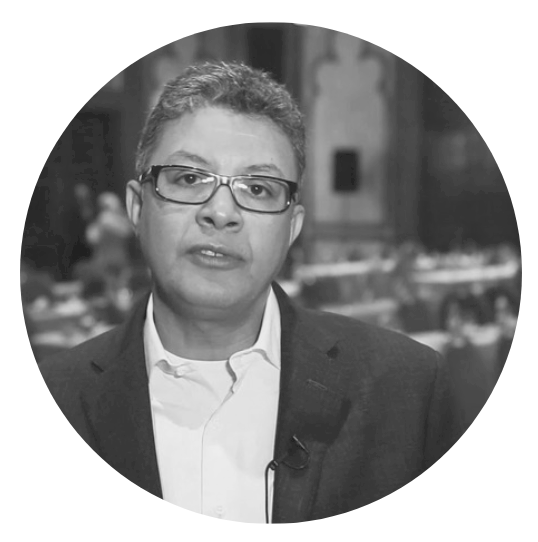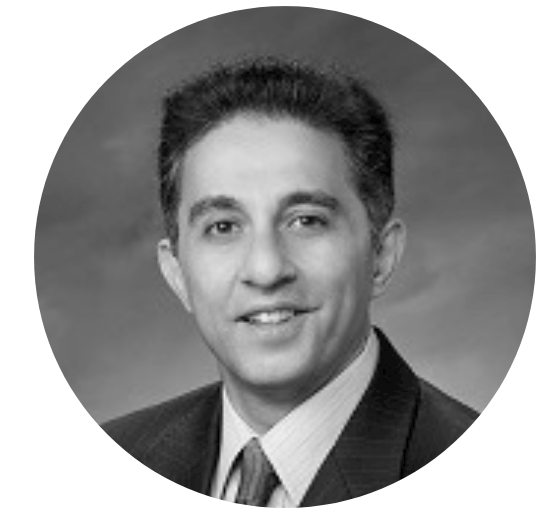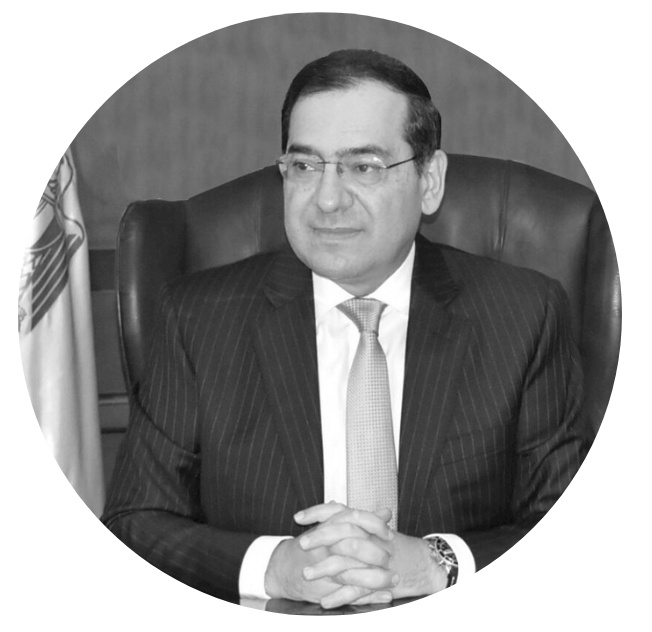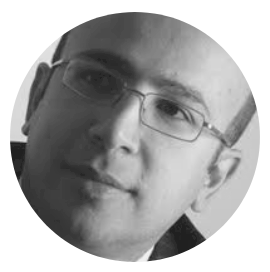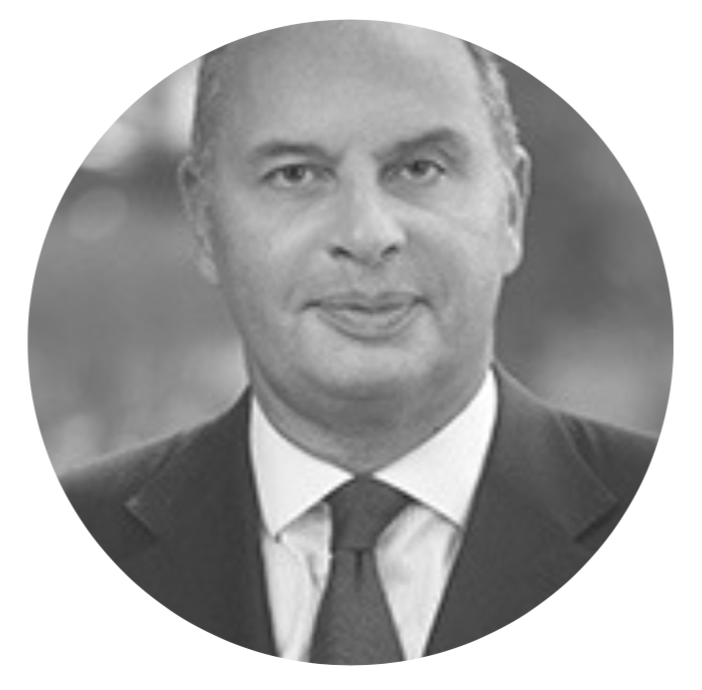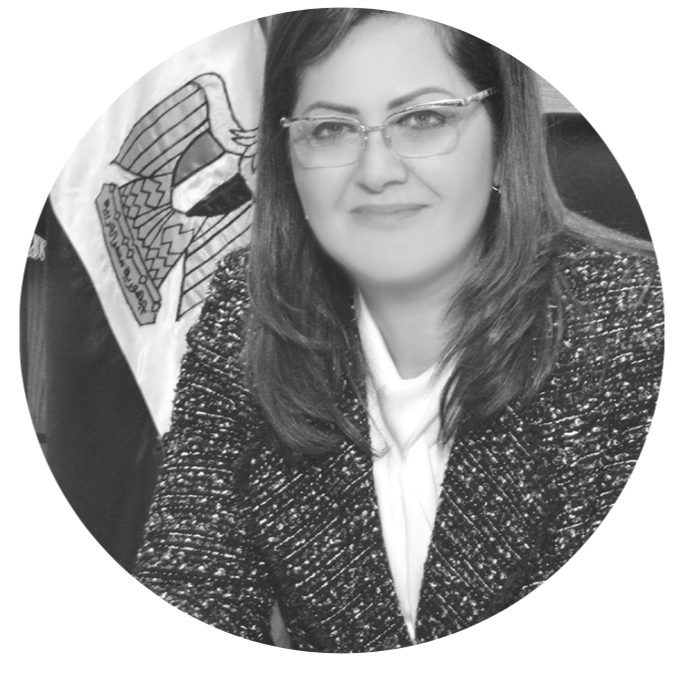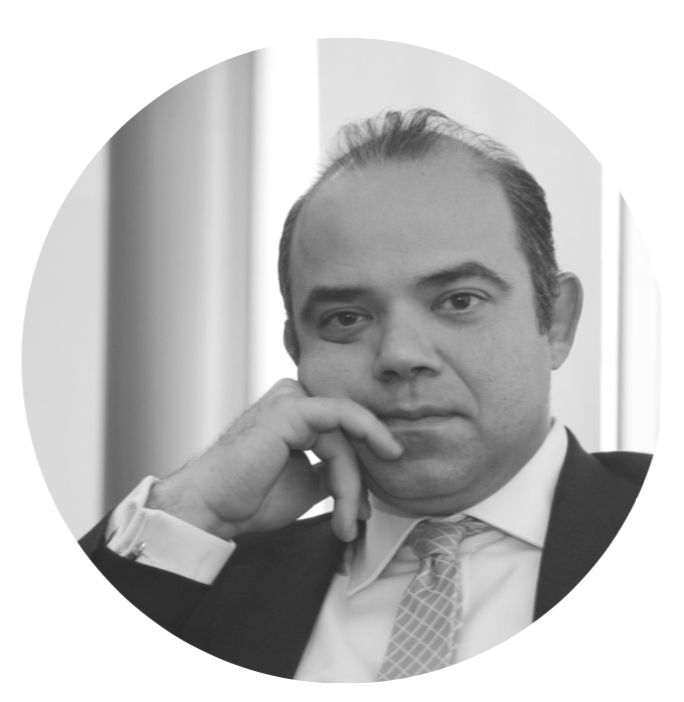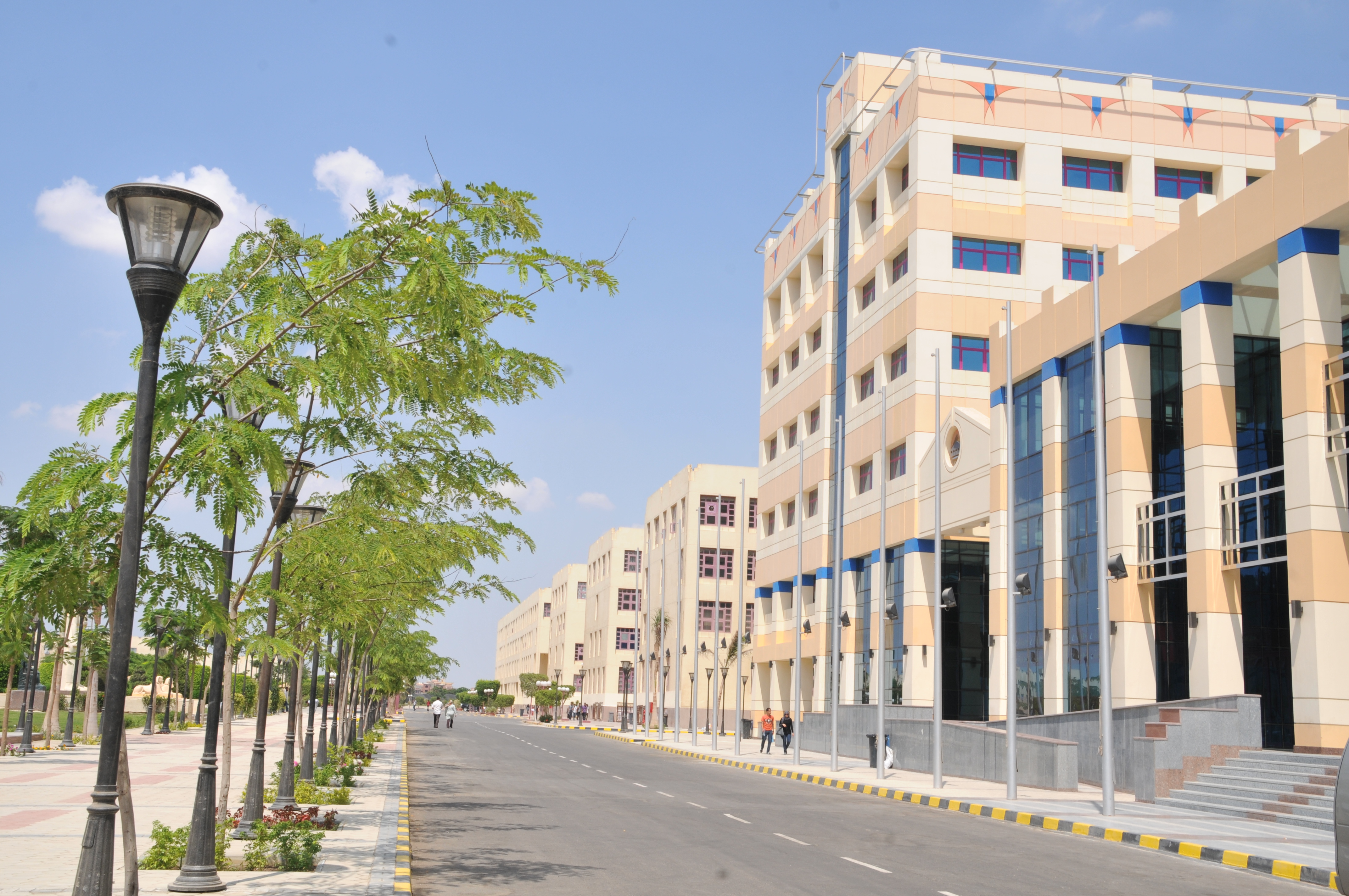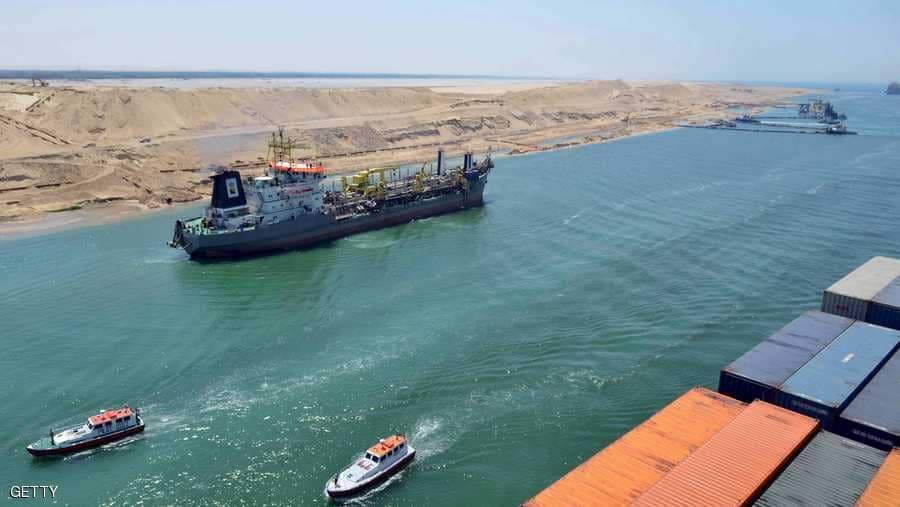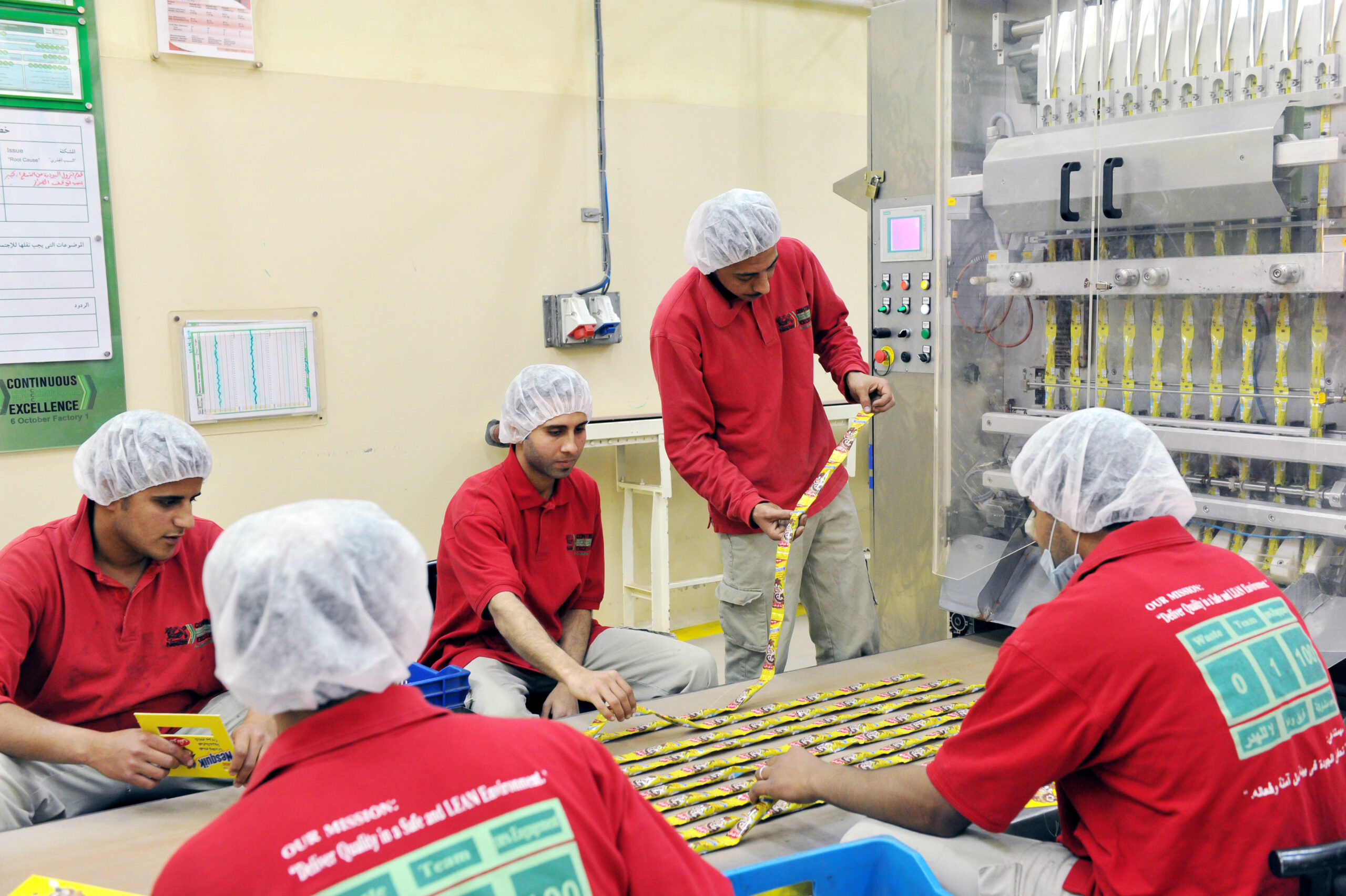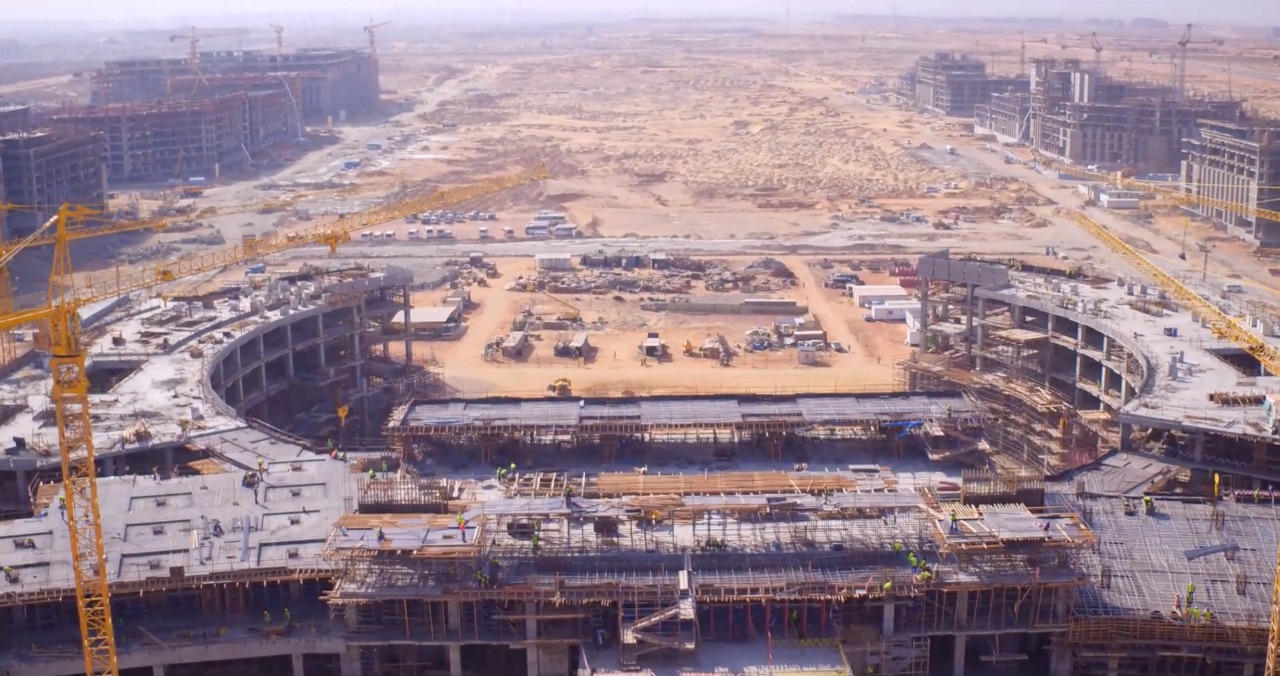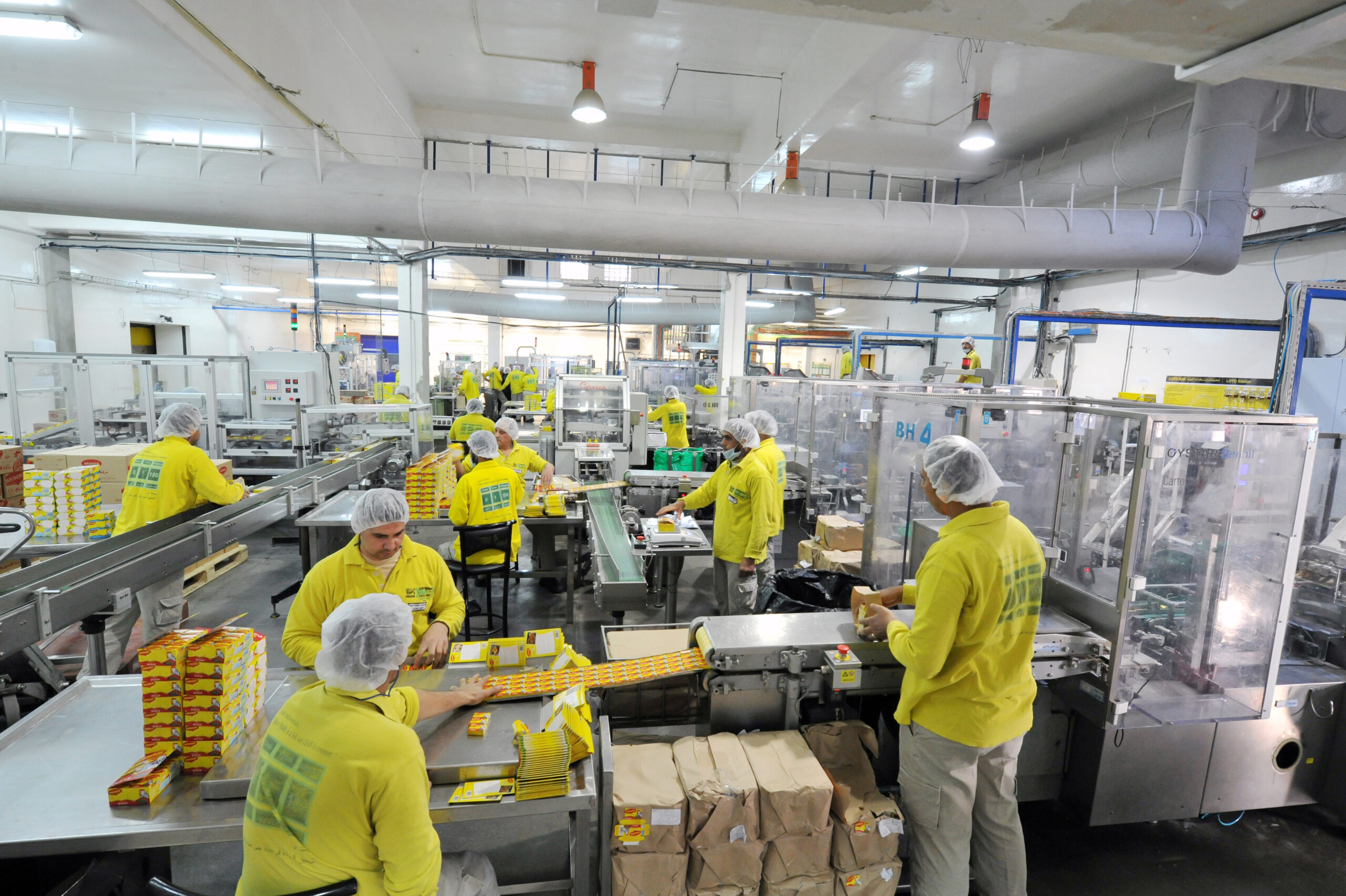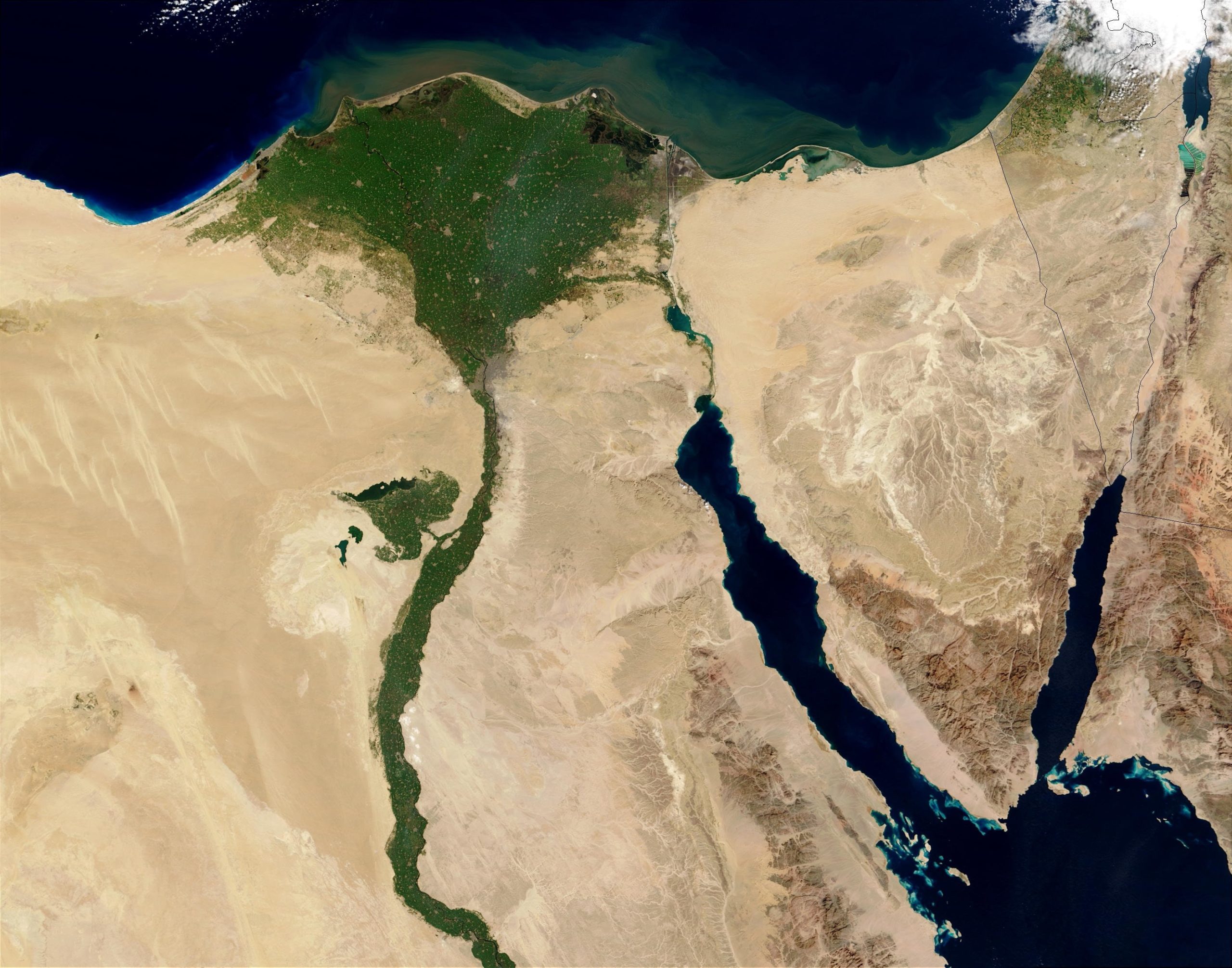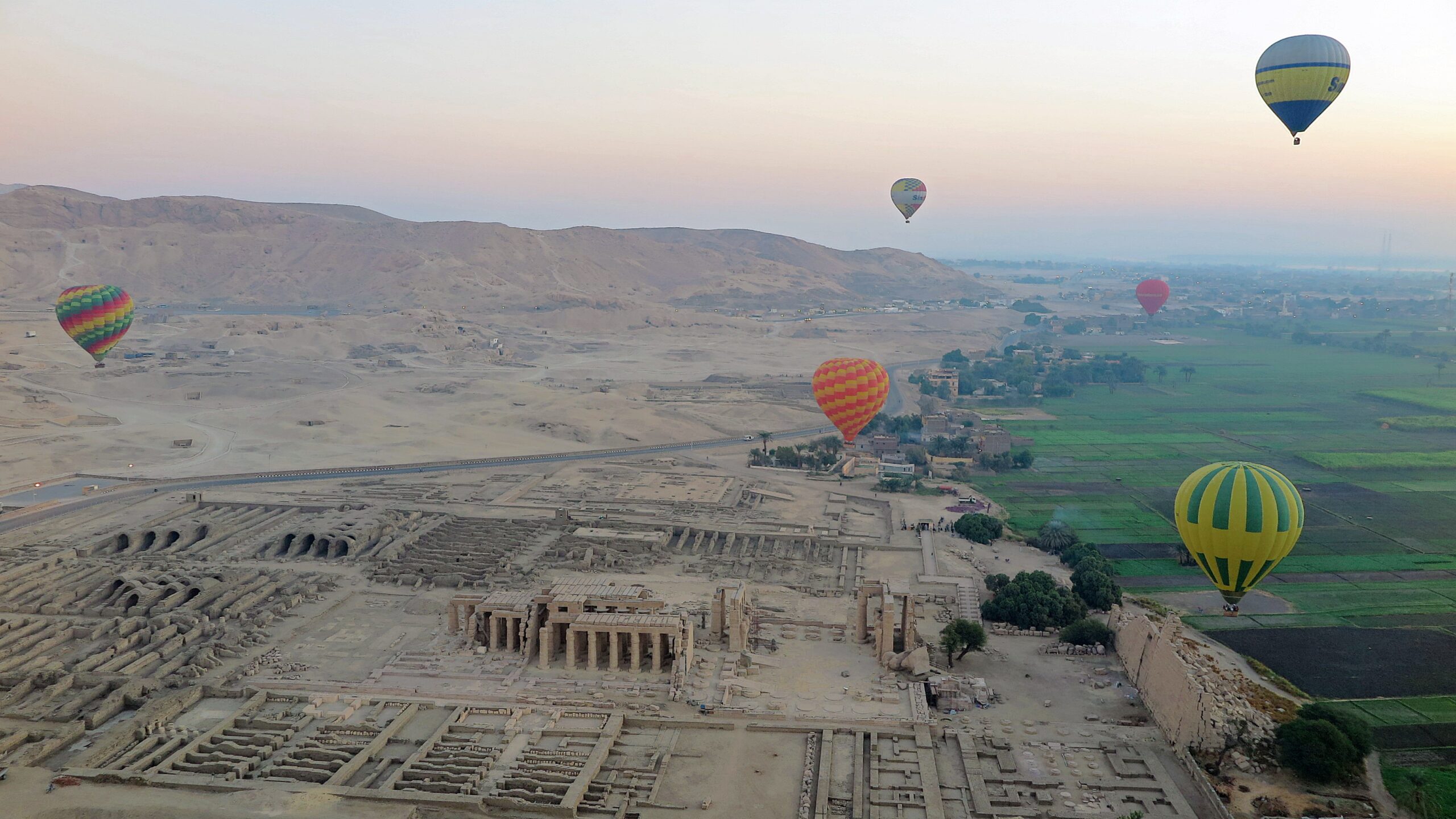Innovative solutions foster new frontiers in digitalization, automation and sustainability

Consumers worldwide have been challenging major corporations to “go green” and become more sustainable. The increasing pressure from influencers has encouraged major global brands to collaborate with their trusted suppliers and create sustainable products to reduce their companies’ environmental footprint. Through large investments in R&D, industry champions are creating solutions to meet eco-friendly ambitions of brands including Coca-Cola, Unilever, Walmart, Aldi, and Nestlé, who have targets to exclusively use 100 percent reusable, recyclable or compostable packaging by 2025. Social pressure and fierce competition are indirectly pushing the packaging industry into a deep transformation, one that requires digitalization and automation to meet objectives

Jean-Pascal Bobst, CEO of Bobst Group, a global market-leading manufacturer of packaging and labeling machines, stated, “As a supplier to major multi-national brands including Nestlé in the food sector and Procter & Gamble in the fast-moving consumer goods sector, the Bobst Group is at the forefront of supplying environmentally friendly packaging solutions. We aim to satisfy customers’ continuous ecological shift. As a group, we aim to break boundaries and offer genuine innovations for brands that stand the test of time. The Bobst Group puts sustainability at the forefront and strives to create environmentally friendly packaging solutions and zero-fault production processes that allow for up to a 30 percent waste reduction. For instance, the multiple layers in plastic packaging cause some current plastic packaging to be non-recyclable. We recently developed, in collaboration with suppliers, a new recyclable duo-layer flexible material. We aim in the near future to offer a monolayer polymer material that is equally as durable as today’s packaging. It will offer excellent oxygen and water barriers and ensure food shelf-life, all while being easier for recycling plants to process. In addition, we are incorporating vacuum and state-of-the-art aluminum oxide barrier technology. These solutions cost only a fraction of a cent more per packaged item. Furthermore, through new ink formulations and machine technology, our engineers created a water-based ink, which is far better for the environment. We are currently developing our own ink for our machines and striving to master the chemistry in order to offer a robust solution that guarantees nanoparticle migration quality. Our in-house experts are continuously developing and re-designing equipment to reduce processing waste and energy use. For instance, this is exemplified with Bobst’s inline inspection system, ACCUCHECK. Our ambition is to support companies around the world in decreasing their environmental footprint – and this is possible.”
Bobst, great-grandson of the company’s founder, fosters the group’s forward-thinking initiatives and ensures the company continues to innovate. Founded in 1890, Bobst Group has grown tremendously from its early days of supplying commercial printers within the Swiss city of Lausanne. In 2021, it has a presence in more than 50 countries, employs 5,500 people worldwide, and has a turnover of nearly USD 1.8 billion.
“Connecting all packaging stakeholders throughout a new value chain enables quality, efficiency, control, sustainability, and proximity.”
Jean-Pascal Bobst, CEO, Bobst Group
As the next generation leading the Bobst Group, Jean-Pascal Bobst stresses how well he, “Understands the pressure clients experience. Brands will need to make significant investments in new packaging machines to meet customer demands in quality, while lowering costs and ensuring sustainability. As a global market leader in manufacturing packaging and labeling machines, we continue to support this vision by developing machines that are gradually becoming more digitally interconnected. In order to achieve this, we invest nearly 6 percent of our turnover in research and development.”
Digitizing production floors
The ongoing pandemic and related surge in e-commerce has reinforced the long-established trend of the Internet of Things (IoT), embedding sensors, software and technologies to connect systems. According to Bobst, “IoT brings unparalleled levels of automation and digital transformation to operations. IoT is optimizing entire production floors, and the group developed ‘BOBST Connect’ to take a central role supporting clients during their digitization rollout.”
BOBST Connect is an open architecture cloud-based platform that can deliver pre-press, production, process optimization, maintenance, and market access solutions. Fully optimized machines consume fewer resources, including water, ink and board. Therefore, it increases the system’s usage while allowing for close control, ensuring lower waste.
According to Bobst, “The group is digitalizing label printing, films, and folding box equipment by adding connectivity and automation across the production cycle. Connecting all packaging stakeholders throughout a new value chain enables quality, efficiency, control, sustainability, and proximity. To add value and create synergy across the value chain, Bobst Group aims to shape the future of the packaging world.”
As the new Biden administration gears up efforts to combat climate change, and environmentally conscious consumer decisions drive brands to further their sustainability initiatives, plastic packaging will continue to be at the forefront. Swiss industry and hidden champions’ research, development and manufacturing will continue to be exported globally, and have an enormous impact on global value chains.

